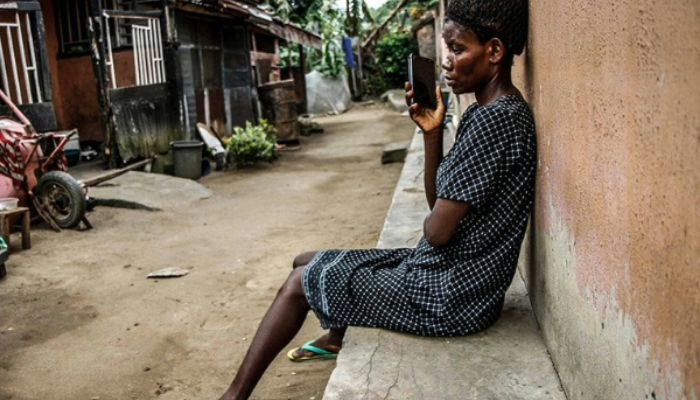gap endangers essential services for Nigeria’s vulnerable populations – Institute” loading=”lazy” class=”pl” />
Critical Funding Gap Jeopardizes Essential Support for Nigeria’s At-Risk Communities
Francis Origa, the Registrar of the Institute for Humanitarian Studies and Social Development (IHSD), has highlighted a significant financial shortfall amounting to ₦240 billion. This deficit poses a serious threat to the continuation of crucial services aimed at Nigeria’s most vulnerable groups.
Impact of the ₦240 Billion Deficit on Social Welfare Programs
The ₦240 billion funding gap has the potential to disrupt vital humanitarian and social development initiatives across Nigeria. These programs, which provide healthcare, education, and social protection to marginalized populations, rely heavily on consistent financial support. Without adequate funding, millions of Nigerians could face reduced access to life-saving services.
Current Context and Broader Implications
In 2024, Nigeria continues to grapple with economic challenges exacerbated by inflation and fluctuating oil revenues, which have strained government budgets. According to recent data from the National Bureau of Statistics, poverty rates remain high, with over 40% of the population living below the poverty line. The funding shortfall threatens to widen this gap, undermining efforts to achieve sustainable development goals.
Examples of Affected Services and Communities
Programs supporting maternal health, child nutrition, and education in rural areas are among those at risk. For instance, community health centers in northern Nigeria, which serve thousands of women and children, may face closures or reduced operations. Similarly, educational initiatives aimed at increasing school enrollment in underserved regions could be scaled back, reversing recent progress.
Urgent Call for Stakeholder Engagement and Solutions
Addressing this financial crisis requires coordinated action from government agencies, international donors, and civil society organizations. Innovative funding mechanisms, such as public-private partnerships and targeted grants, could help bridge the gap. Additionally, enhancing transparency and accountability in fund management will be crucial to restoring confidence and ensuring resources reach those in need.
As Nigeria strives to uplift its vulnerable populations, closing the ₦240 billion deficit is imperative to safeguard essential services and promote inclusive growth.























0 Comments